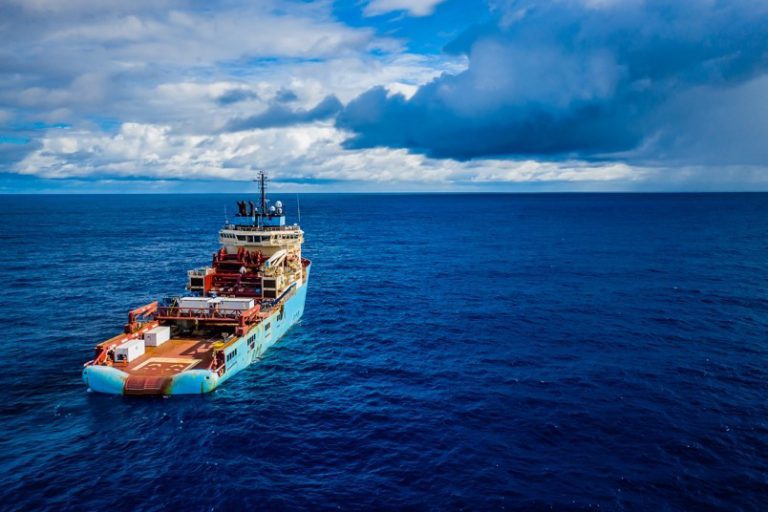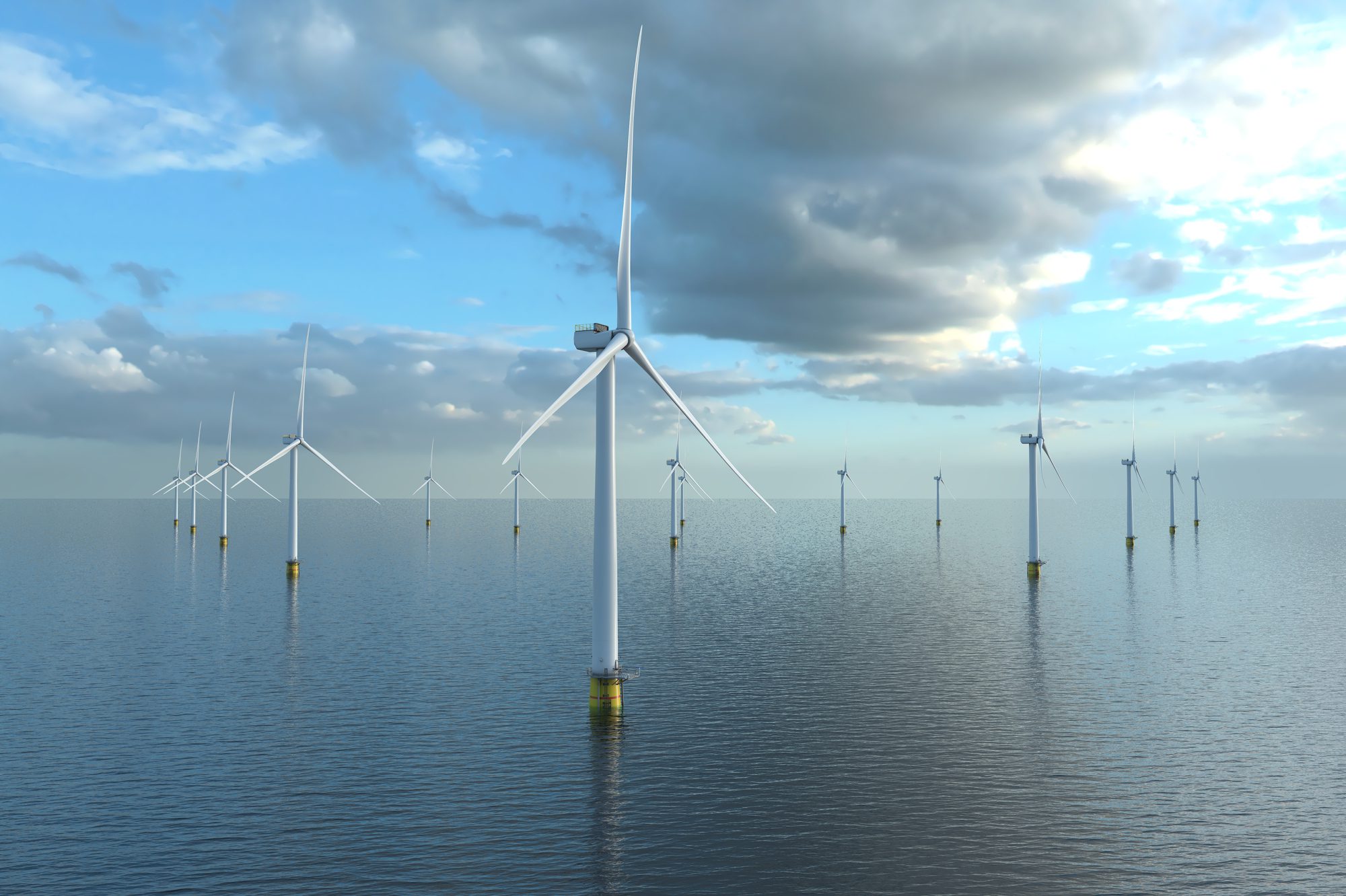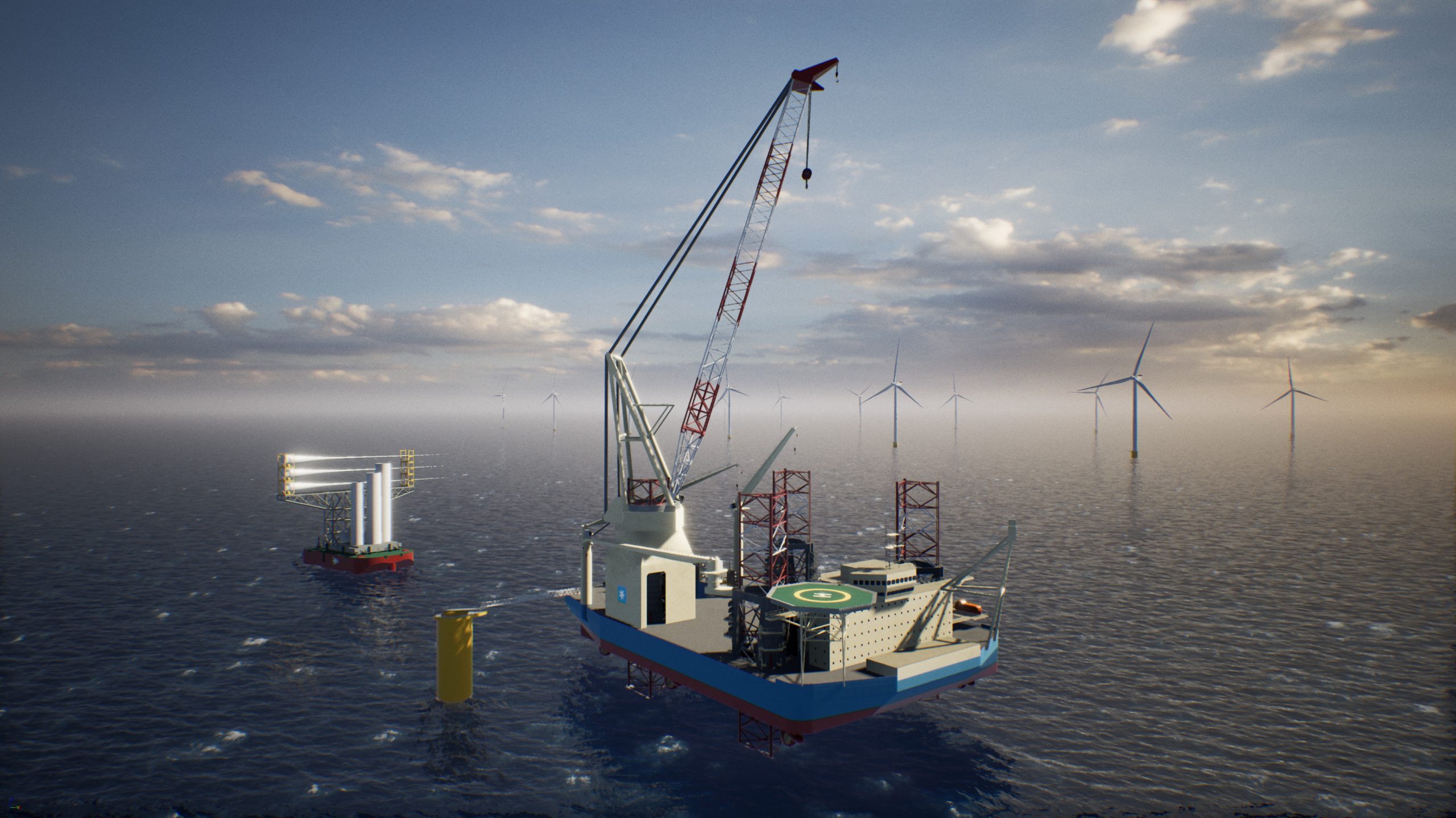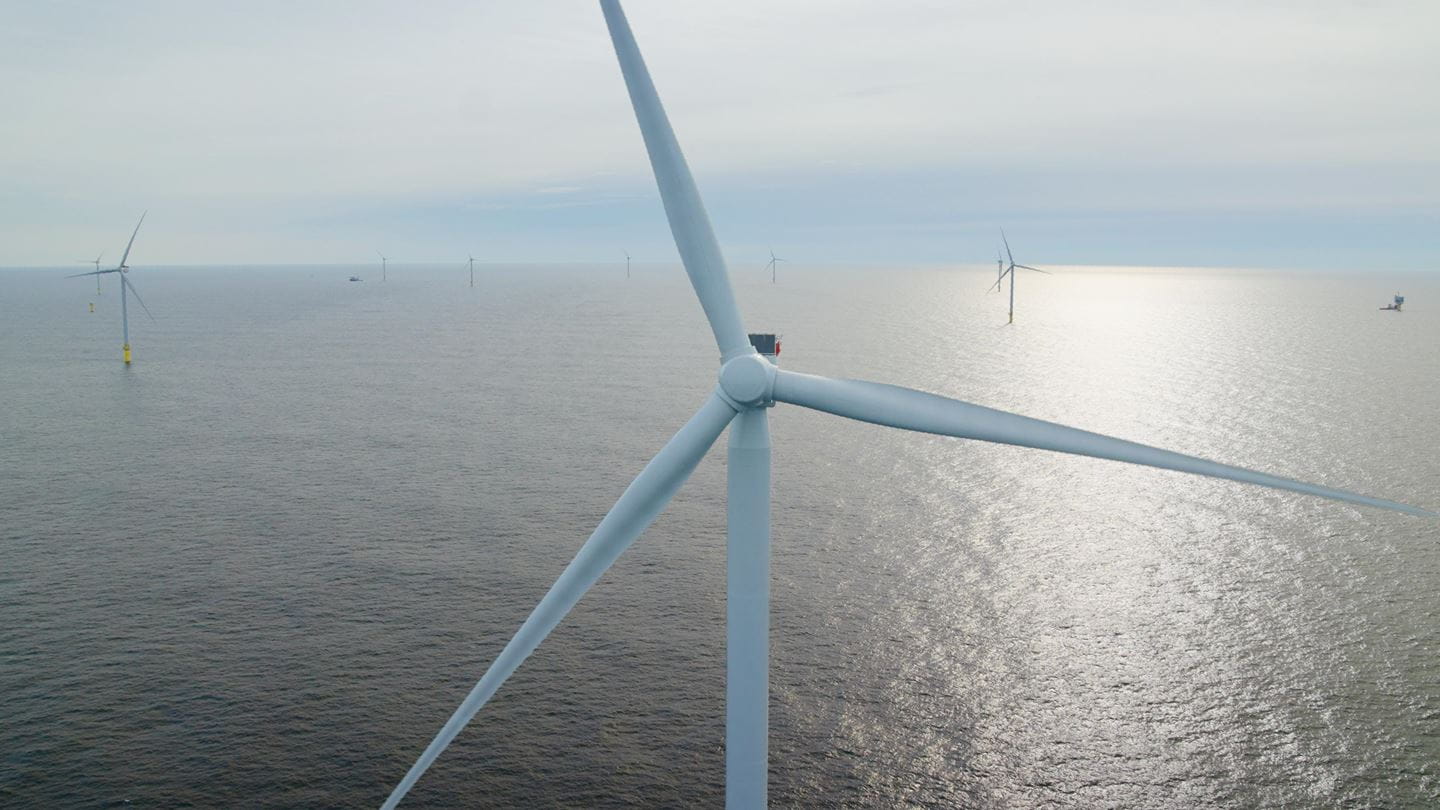By Todd Woody
Mar 29 (Bloomberg) -International regulators on Friday condemned a seabed mining company’s move to circumvent their authority by seeking the Trump administration’s approval to extract critical minerals from untouched ocean ecosystems.
The Metals Company (TMC) on Thursday said it had initiated a process to obtain a US government license to mine metals used in green technologies from a region of the Pacific Ocean controlled by the International Seabed Authority (ISA), the United Nations-affiliated organization that regulates the exploitation of the deep sea. The announcement came as ISA delegates were meeting in Kingston, Jamaica, to draft rules for how companies should go about mining a vast swath of the ocean outside the jurisdiction of any one nation.
Related Article: US Claims Huge Chunk of Seabed Amid Strategic Push For Resources
ISA Secretary-General Leticia Carvalho and members of the organization’s 36-nation Council policymaking body denounced TMC’s action, saying it defied the organization’s authority over 54% of the global seabed and its mandate to manage it for the benefit of humanity.
“Any unilateral action would constitute a violation of international law and directly undermine the fundamental principles of multilateralism,” Carvalho, a Brazilian oceanographer who took office in January, told the delegates.
A decision by the Trump administration to issue a seabed mining license for an ISA-controlled area could upend an international treaty that governs deep-sea mining and other commercial uses of the world’s oceans.
TMC holds an ISA license sponsored by member state Nauru to explore for minerals but has grown frustrated by decade-long negotiations to draft regulations governing mining biodiverse deep-sea ecosystems. TMC and other ISA-licensed companies can’t begin mining until regulations are enacted. The two-week Council meeting ended on Friday with contentious issues unresolved, including how to protect marine life in areas targeted for mining.
The company is now seeking permission from the Trump administration to mine its ISA license area under US law, which would go against the UN Convention on the Law of the Sea (UNCLOS). The US never ratified the treaty and is not an ISA member. But that treaty reserved some mining areas for the US in case it eventually acceded to the convention. The US in turn passed a 1980 law that laid out procedures for American companies to gain access to deep-sea minerals there.
TMC Chief Executive Officer Gerard Barron said in a statement to Bloomberg Green that the company had complied with the terms of its ISA contract but the organization has failed to fulfill its duty under UNCLOS to enact regulations.
“I’m not sure why ISA member states act surprised that TMC is now looking at an alternative, long-standing regulatory regime,” he said. “Member states cannot have it both ways—expressing shock while repeatedly breaching UNCLOS and failing to deliver the regulatory clarity they committed to years ago.”
International legal experts said it’s unclear what action the 169-member nation ISA could undertake if TMC obtains a US mining license. “If the US takes steps in this unilateral direction,” it’s possible the ISA could pursue some form of international legal action, said Pradeep Singh, an expert on the Law of the Sea at the Oceano Azul Foundation.
Representatives of China, Russia, France, Germany, South Africa and Chile were among the delegates who asserted that only the ISA has the authority to issue mining licenses under UNCLOS. Uganda delegate Duncan Muhumuza Laki, who serves as president of the ISA Council, characterized TMC’s actions as “a breach of their good faith obligation.”
Despite its move to obtain a US mining license, TMC has said it will still file an application for an ISA mining contract in June even if regulations, including environmental protections, are not in place. But many ISA delegates on Friday reiterated that they would not approve any contracts until strong environmental rules are in place.
Thirty-two ISA member nations, including Costa Rica, Germany and France, have called for a moratorium on mining until its environmental impacts are better understood.
“No country, no person and no company may claim property rights nor exercise sovereignty over the common resources of this heritage,” Gina Guillén Grillo, Costa Rica’s representative to the ISA, said Friday.
The ISA Council will likely have to decide how to handle TMC’s application for a mining contract at its next meeting in July.
“We call on ISA members to not be bullied,” Louisa Casson, a Greenpeace deep sea mining campaigner, told delegates.
© 2025 Bloomberg L.P.

 Join The Club
Join The Club











